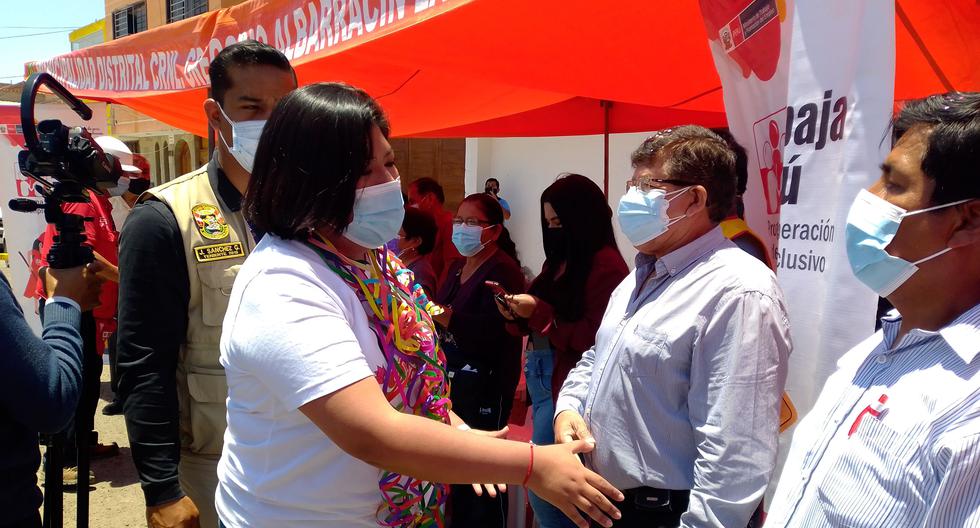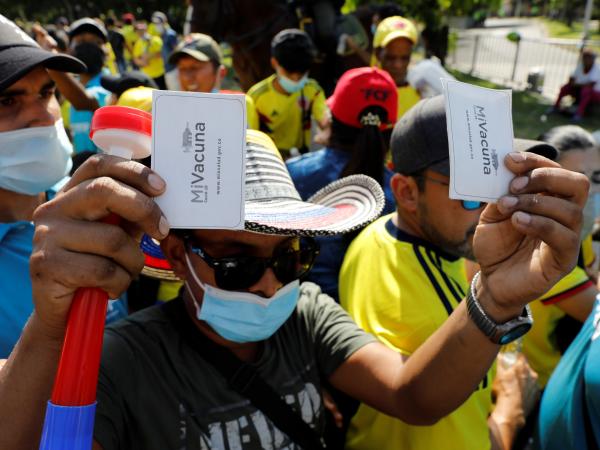Buenos Aires, Argentina | AFP | Argentina’s Development Minister, Matías Kulfas, defended on Saturday a controversial official measure that prohibits the financed purchase of tickets and services abroad through credit cards, in a context of currency shortages in the indebted South American country.
“People who travel abroad are not poor, let’s be clear, and the middle class has many options within the country for the summer,” the minister told Continental radio in an interview quoted by the TN news channel and the newspaper La Nation.
“Whoever wants to go abroad, do it, but pay for it,” launched Kulfas, who justified the measure by noting that “it has to do with managing an imbalance in the foreign exchange balance and that there is no lack of products that Argentina needs.” .
The hierarch acknowledged that there are “measures that may fall a bit unsympathetic.” But “the reserves (of the country) have to be robust to sustain a consistent economic plan.”
In Argentina, there are limitations on the purchase of dollars for savings or payments by individuals, and the price of the dollar in the parallel market or “blue” almost doubles that of the official or regulated market (106.17 pesos per dollar).
In this context, the Central Bank resolved to “establish, effective as of November 26, that financial and non-financial entities that issue credit cards should not finance purchases made through their customers’ credit cards in installments (… ) of tickets abroad and other tourist services abroad (such as accommodation, car rental, etc.) “.
The measure, announced on Thursday in a communication to financial and non-financial institutions issuing credit cards, was published on the website of the Argentine central bank.
The decision, adopted when the southern summer vacation period begins, adds to the restrictions on purchases of dollars, at a time when Buenos Aires seeks to renegotiate its debt of 44,000 million dollars with the International Monetary Fund (IMF) to extend terms of payments and avoid a default, before maturities of almost 20,000 million dollars annually in 2022 and 2023.
The Argentine economy emerges from the recession in which it sank in 2018, with an expectation of growth of 8.3% for this year, after a collapse of 9.9% in 2020 under the impact of the coronavirus pandemic.
So far this year, inflation marks 41.8% and reaches 52.1% at 12 months, one of the highest rates in the world.









